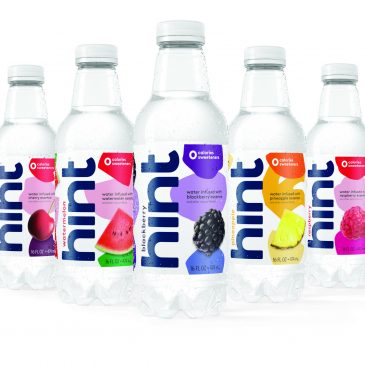Blog
3 Key Strategies for How Companies Engage Customers Around Brand Stories
Last month, the World Surf League (WSL)—the sport’s title-bestowing governing body and tour organizer—announced its new philanthropic effort PURE, short for Progressive Understanding and Respect for the Environment. Launched in conjunction with Columbia University’s Earth Institute, PURE is the first part of a larger effort that aims to transform surfers of all stripes, on beaches across the world, into “surfer-scientists.” These surfer-scientists will gather real-world data to support the Earth Institute’s efforts to track and understand the effects of climate change on beaches and oceans.
As Paul Speaker, CEO of the WSL puts it:
All of us at the World Surf League want to give back to the oceans, and it’s time to get serious. Today’s launch of WSL PURE and our very special partnership with Columbia University are the first steps in what we hope will become a global movement among our community and beyond to protect the waters that are both our home and our playing field.
And it’s not just WSL that’s also looking to protect the playing fields of tomorrow, adidas is also using sports to advance the cause of sustainability to make sure there are plenty of places for athletes to practice their passion in the decades ahead. In a recently released sustainability strategy, adidas outlines ambitious goals for 2020 related to such usual suspects as water usage, materials, and worker health, among others.
Per adidas’ sustainability report, “As a global player we bear a responsibility to create in the right way, a responsible way… (and) continuously strive to further improve our environmental footprint while creating the best for the athlete.”
In line with adidas’ financial commitment to furthering sustainability, the WSL has also pledged over a million dollars in conjunction with PURE’s launch to help fund projects and research at Columbia. Jason Wingard, Dean of the School of Professional Studies, had this to say, “Investing in programming in the field of ocean science will prepare future generations of scientists, citizens and expert practitioners who will have a broad and positive impact on our environment’s future.”
Both WSL and adidas are great examples of a shift from the “me first” capitalism of last century to the “we first” capitalism required of the twenty-first. Rather than simply acting as a glamorous globetrotter that breezes across some of the world’s most picturesque beaches, WSL has taken the initiative and shifted, at least in one aspect, from the celebrity of its community to the celebrant. This mirrors the revolution in communications between brands and consumers ushered in by social media—by empowering surfers everywhere to help protect and understand their environment, a productive dialogue can begin between a unique mix of stakeholders, from scientists, to stoked groms, to the crustiest sea dogs out there.
And with its clear plan to invest in how to make its business more viable, both economically and environmentally, adidas demonstrates an enlightened mentality on how to serve both people and profit.
These are just two recent examples of the move towards a more cooperative form of the consumer/brand dynamic, and its one that must continue if we hope to adequately address the range of issues facing people and planet. Looking at sustainability through the lens of play is just one strategic direction, but it’s one that certainly resonates and that consumers can see, and feel, everyday as they do the things they love. And if doing those things can help benefit humanity, no matter how small, all the better.
It may be belaboring the obvious, but it bears repeating: Just as with any other productive environment – both work, or otherwise – it takes stakeholders working together, not in silos, to affect the most positive change. Here’s to more.
Image via Flickr courtesy of user Bengt E Nyman at https://flic.kr/p/3d33TK
3 Key Strategies for How Companies Engage Customers Around Brand Stories

Purpose At Work: How Hint Water Leverages Purpose and Gains Market Share
The Secrets to Engaging Millennial Employees and Consumers that only the Smartest Brands Know

